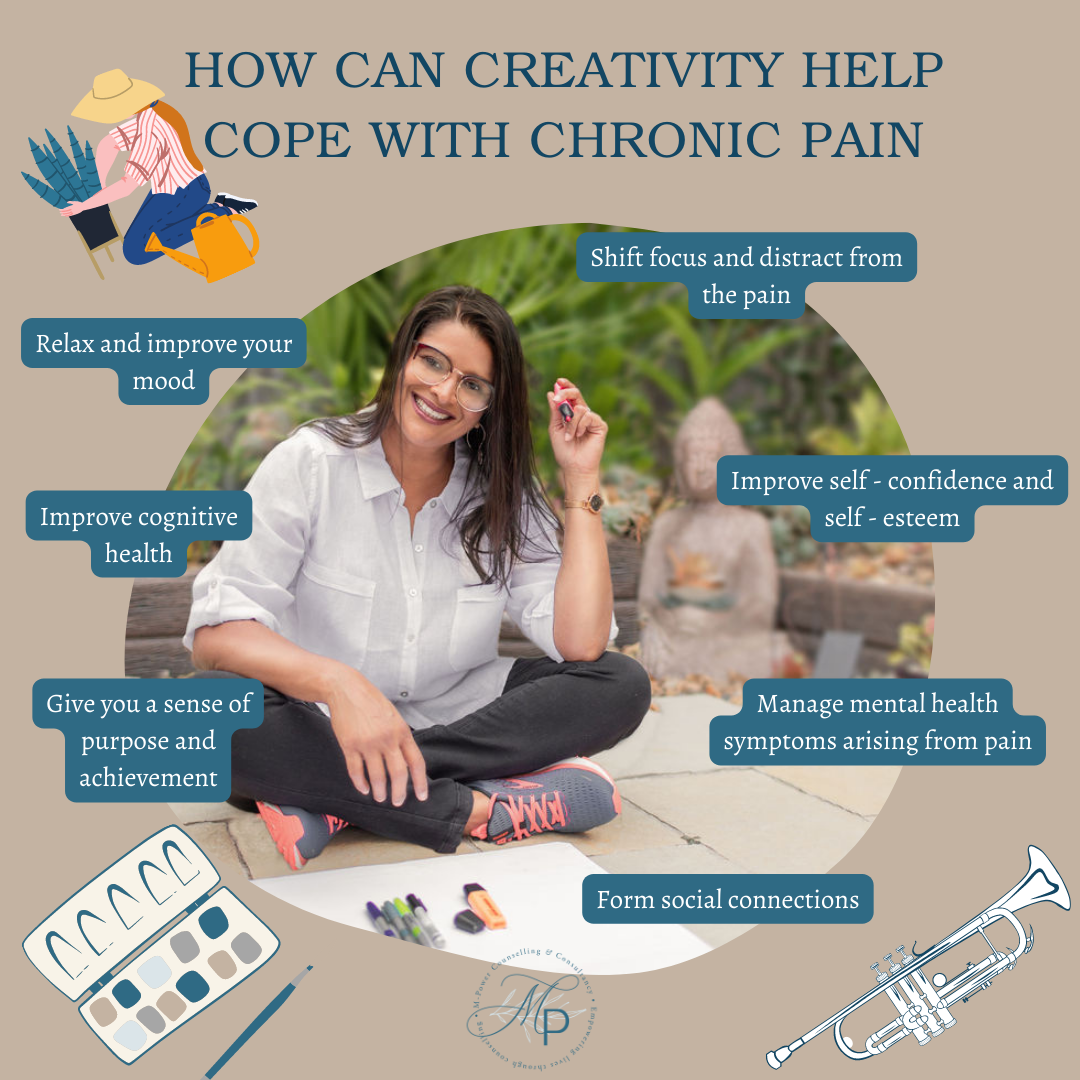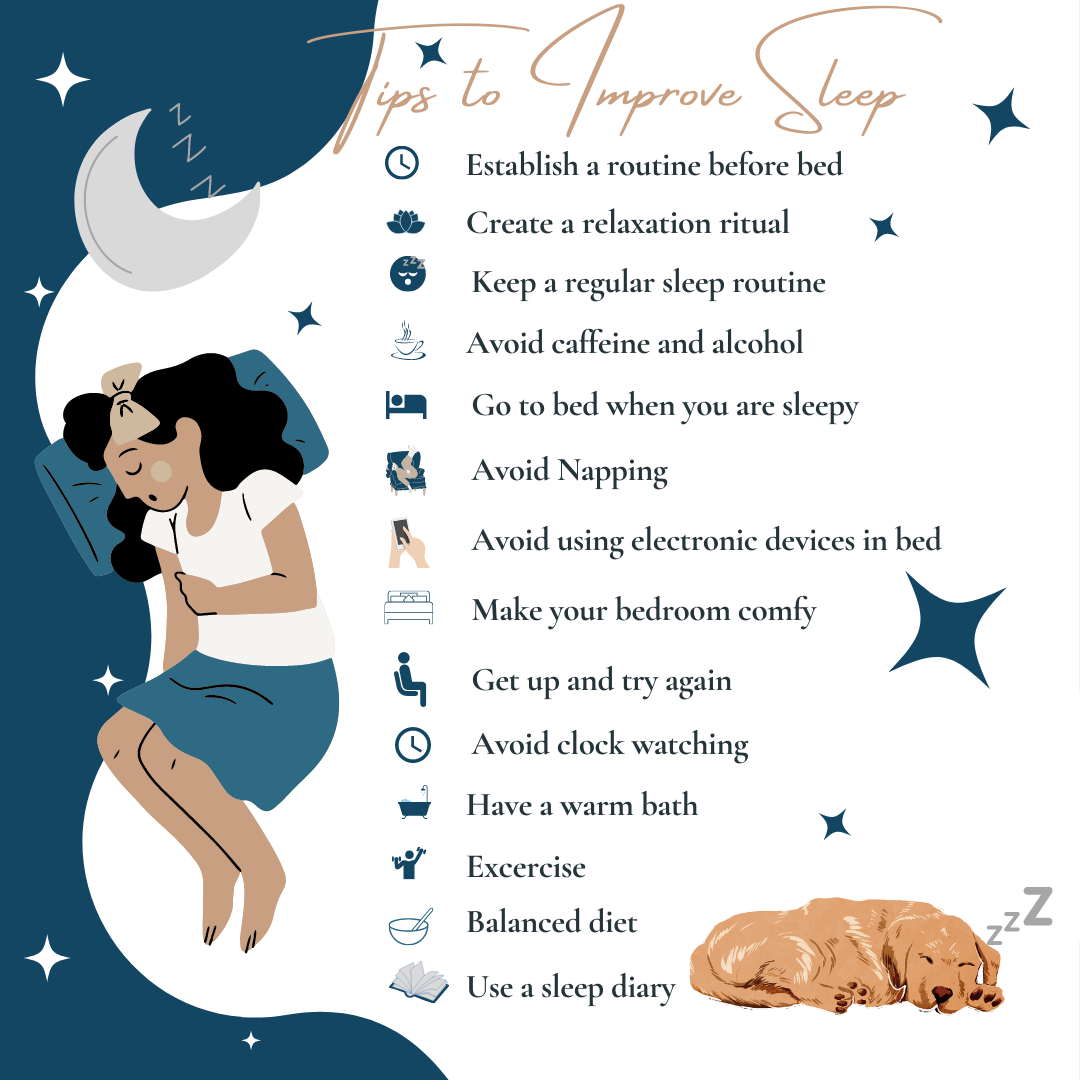Chronic pain affects 1 in 5 Australians aged 45 years and over, according to the Australian Institute of Health and Welfare. Chronic pain can significantly affect your life, therefore understanding your pain is crucial to effectively managing it and getting your life back on track.
What is Pain?
Pain is a protective response. It informs us of:
- potential harm, such as when we touch a hot stove, or
- that our body is healing from an injury, such as a broken foot
However, with chronic pain our nervous system changes in response to pain, and it becomes highly sensitive to it, resulting in a process called “Central nervous system sensitisation.”
The best way to tackle chronic pain is to understand it.
According to The International Association for the Study of Pain, pain is described “an unpleasant sensory and emotional experience associated with actual or potential tissue damage or described in terms of such damage.”
Types of Pain:
- Nociceptive Pain occurs is a result of tissue damage or injury, such as stubbing your toe or touching something hot.
- Inflammatory Pain occurs as a result of an inflammatory response to tissue damage, such as a sprained wrist or broken bones.
- Neuropathic Pain occurs as a result of injury or disease to the nerves, such as trigeminal neuralgia or sciatica.
- Functional or Nociplastic Pain may occur with or without evidence of tissue damage, such as chronic migraines or fibromyalgia. The causes of this pain are not fully understood; however, it is believed that it arises as a result of dysfunctional, distorted, or sensitised pain signals in the central nervous system.
How is Pain classified?
There are two main classifications of pain:
- Acute pain from injuries like cuts and sprains, or trauma from a severe accident or major surgery. Acute pain occurs suddenly and usually goes away as you heal and with treatment.
- Chronic pain is pain that lasts beyond a normal healing time or persist even after an injury has healed or a condition has been treated. Chronic pain is predominantly caused by an overprotective pain system .
Some key pain facts:
- All pain is real
- Pain it is a subjective experience and differs from person to person
- Pain is complicated and complex
- Biological, social, and psychological factors can influence your pain
- Your pain system can be re-trained to be less protective through bioplasticity
- Movement can help re-set your pain
- Having a good network of clinicians (GP, physiotherapist, exercise physiologist and / or counsellor) can aid in your management and recovery
- Understanding your pain is crucial in being able to effectively cope with it.
As a human you have an amazing capacity to heal, repair and adapt. Chronic pain is not a life sentence and the more you understand your pain, the more you can change it.
Journey with me to help you lead your best life with pain. Have any questions or comments please feel free to reach out via my website www.mpowercc.com.au.



